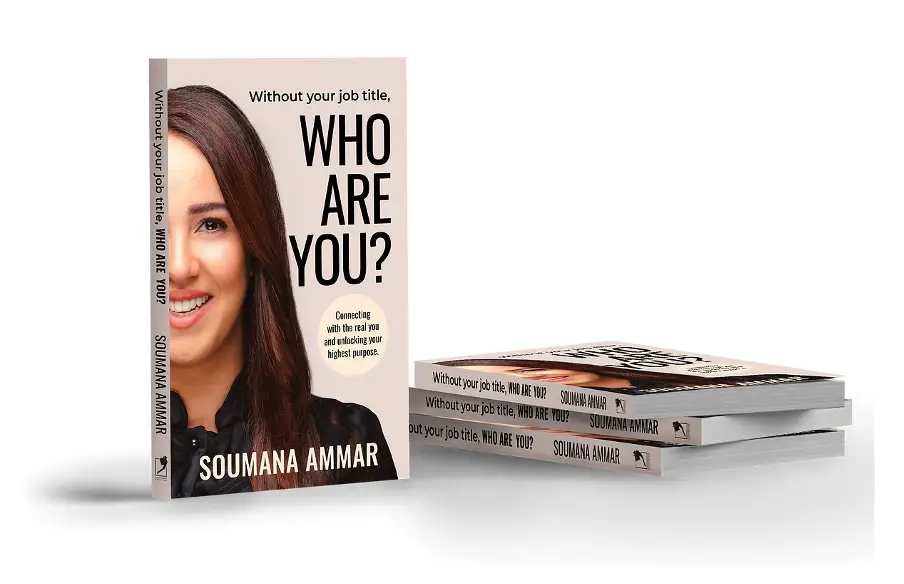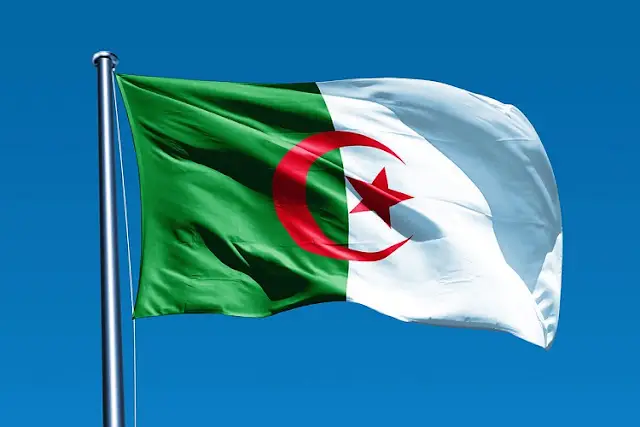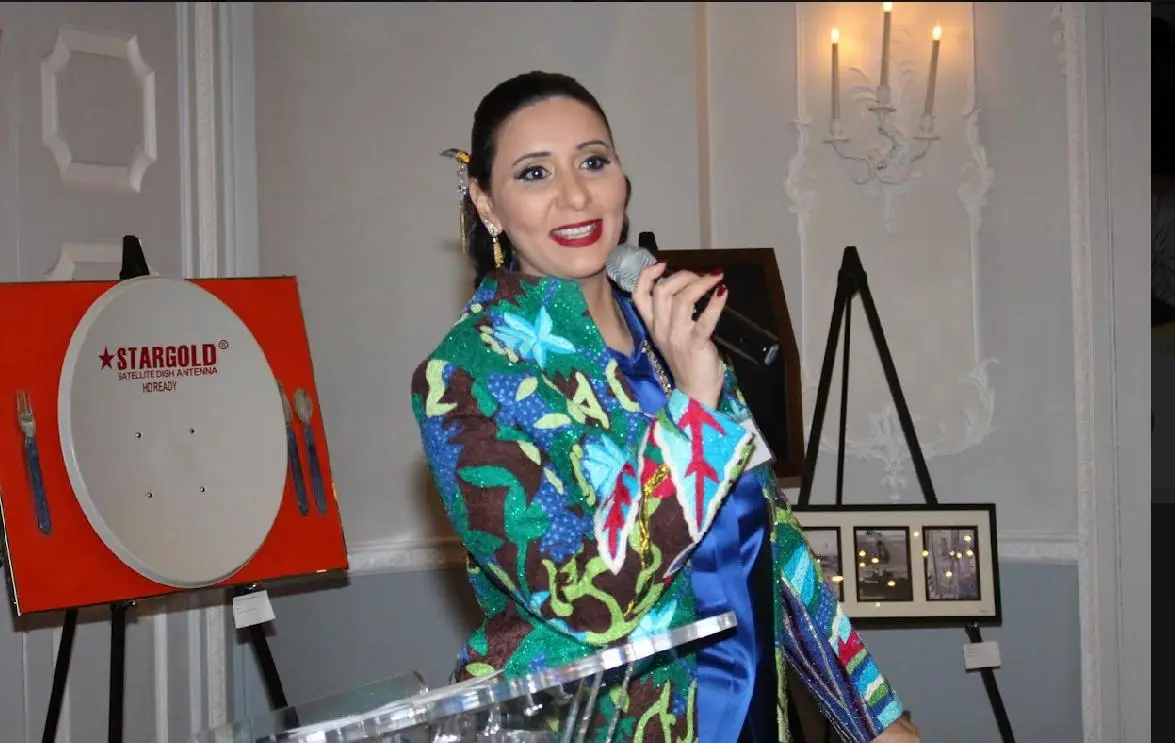The Middle East boasts, without a doubt, some of the richest cultures and most complex societies in the modern world. Literature, so precious to the history of the middle east, sits at the heart of preserving and transmitting the essence of the region. However, with centuries of drastic changes, struggle for power, outside influence, and adaptability challenges, the once-vibrant female voice seems to soften and recede along the way. This is evident in the number of female writers, poets, editors’ publishers, as well as the number of publications and the literature genres females contribute too. Despite the extraordinary efforts of many female writers, literature for far too long has been predominantly written by one hand. Monopolised by men, this excluded the diverse perspectives and experiences of women. In this critical juncture, empowering female voices in literature becomes fundamental to building a sustainable and inclusive civilisation in the Middle East.
A new landscape on the horizon
However, as the middle east opens more doors and opportunities for business and education, we are witnessing a new rise of the female voice through the written words. While many women excel in university and reach the highest levels of education such as doctorate (PhDs) and Master of Business Administrations (MBAs), this opens new platforms for females to voice their thoughts, their wisdom harvested not only through their education and work experience as they go up the ranks, but also through practice as they navigate the changing role of the educated female in society. There are now more empowering platforms for women than ever, government initiatives, independent communities, entrepreneurship funds, and professional training, not to forget social media – and the technology behind it – that made professional network hubs easily and directly accessible to women, without the need for intermediaries. If you have an original thought to publish now, then the only thing you need is your determination, which we know Arab women are certainly not short of.
Why are female voices crucial?
Representation
Female authors bring to life the unique experiences, emotions, and perspectives of women, traditionally underrepresented in literary narratives. This enriches the cultural landscape and allows for a deeper understanding of the multifaceted human experience. Furthermore, as women might experience certain situations in a different way to men, these experiences need to be documented for generations to come. It is evidence of women’s contributions as well as a record of what the world looked like for women.
Challenging norms
Female voices often act as catalysts for social change by challenging established norms and sparking critical conversations about gender roles, societal inequalities, and prevalent injustices. Furthermore, wisdom has a voice, and it must be equally balanced between men and women for any society to be sustainable.
Empowerment and inspiration
By seeing their experiences reflected in literature, young girls and women gain a sense of empowerment, validation, and inspiration to pursue their own dreams and ambitions. Female writers should be celebrated for their contributions as they form role models for generations of young intellectuals to come.
Reviving the legacy
Arabic language literature was the pride of the middle east for thousands of years, in fact it is the foundation of the Arab world, and one of the factors that still hold the region together. It is critical that the middle east reclaims its position as pioneer in writing and literature, a position that feels long lost. It might be important to note here that many intellectual Arab women (and men) write in English and Arabic these days, due to the importance of English language to global outreach.
So how so we make writing more inclusive in the middle east, so more women can voice their thoughts through the written word?
Building a sustainable future
By nurturing a literary environment that actively encourages and celebrates female voices, the Middle East can embark on a path towards a more sustainable and inclusive future. This includes:
• Providing equal opportunities and access to education for girls and women, fostering critical thinking and creative expression.
• Amplify the female voice by promoting and celebrating the works of female authors through targeted initiatives and literary platforms.
• Creating safe spaces for open dialogue and critical discussions around gender equality and inclusivity within the literary world.
• Encouraging women to write on varied topics of their expertise: fiction, business, economics, society, self-development and so on, as opposed to pushing them into narrow paths of writing such as writing only about romance, feminism, or children’s education.
Finally, we close this article by thanking every Arab female writer for raising the flag and for keeping it flying. In particular, we celebrate the voice of the best selling author Soumana Ammar and her inspiring book (featured in the article photo): Without your job title: Who are you? We hope many female voices would follow on her footsteps, and share their wisdom through the unique art of writing.





